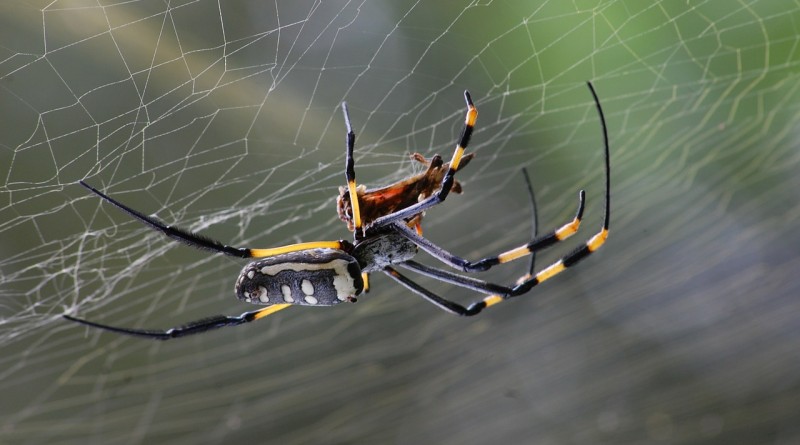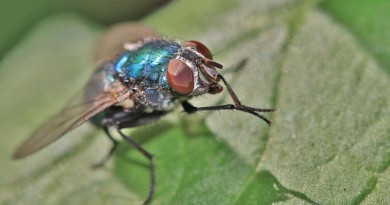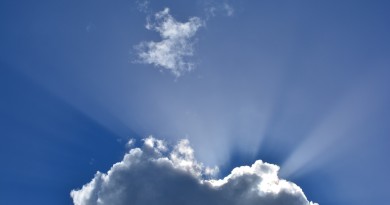Why are so many people scared of spiders?
SHORT ANSWER
Two reasons: evolution and learning from experiences.
FULL STORY
“So you’re trying to tell me that a giant spider ate Gladys?”
If this line from the movie Eight Legged Freaks was the kind of thing you often heard at the pub, being scared of spiders would be totally justified.
But of the 650 spider species found in the UK only 12 have been recorded as being able to bite humans, and just two or three have given a “significant or unpleasant bite”.
It’s widely reported (though we couldn’t find the origin of the research) that 50% of women and 10% of men admit to a fear of spiders.
Assuming the difference was partly due to men trying to be macho, that means up to half the world’s people climb on a stool and scream like little babies every time a tiny spider strolls past.
But why are we such wimps?
A 2015 study (wonderfully called “Spiders at the cocktail party”) said human brains may have “ancestral mechanisms” for rapidly detecting threats like spiders and snakes.
So we may have evolved to recognise – and react to – dangers that have “persistently recurred throughout evolutionary time”.
But another study found that children who were scared of spiders were more likely to have had “conditioning experiences” (scary things that happened in the past) than kids who weren’t afraid.
Psychologists also suggest arachnophobia may be learned from parents or siblings, or could be due to a “nature deficit” (meaning we spend too much time indoors are not exposed to the natural world).
It’s clear that many humans have at least some degree of natural fear of spiders – but it’s also clear that people learn fear from each other.
So if you’re with your kids when you see a big nasty spider, be brave!




